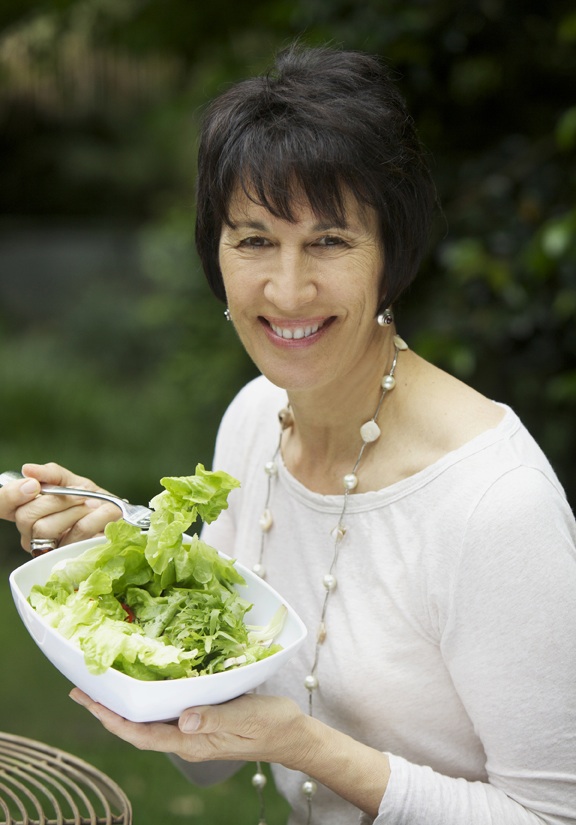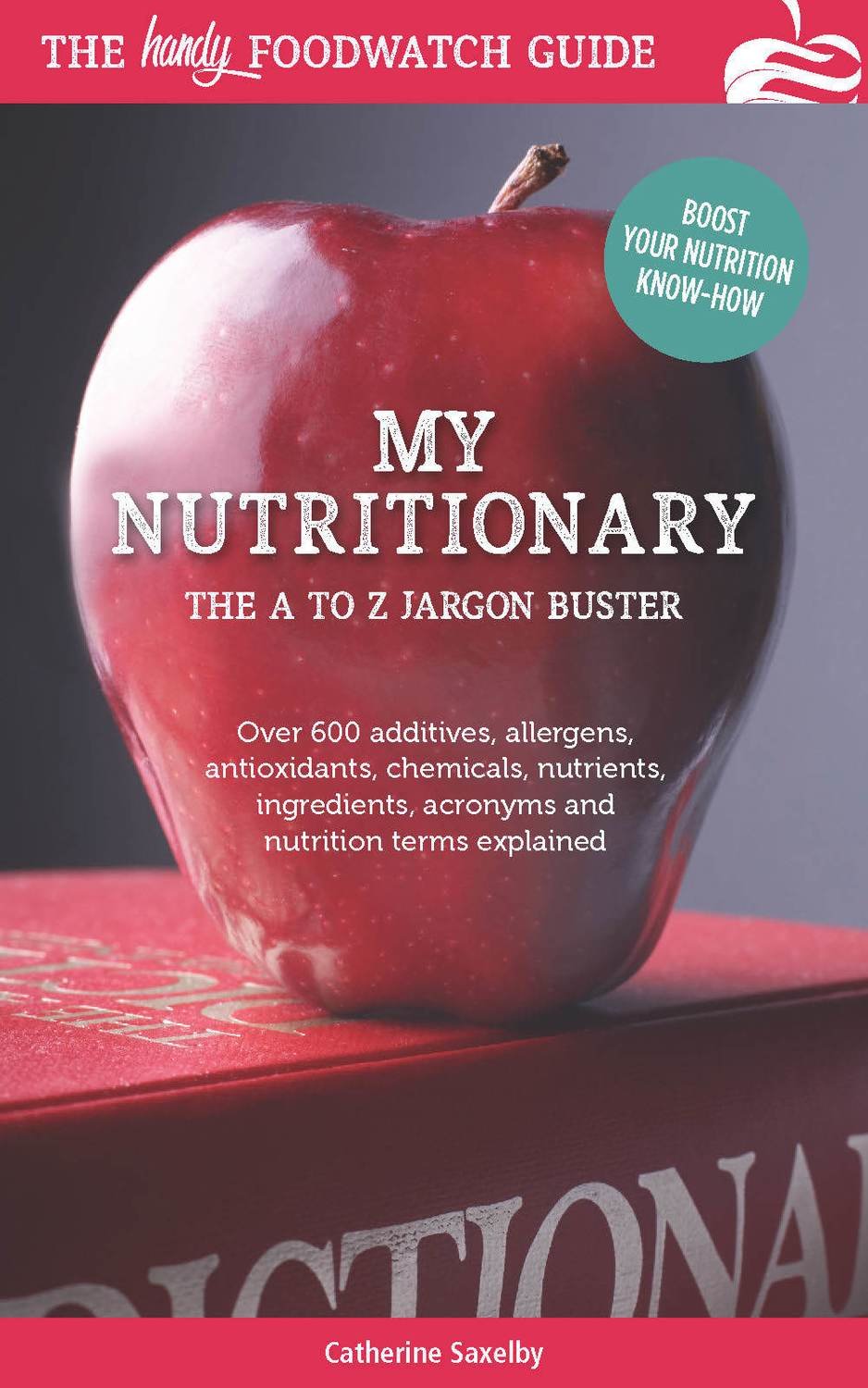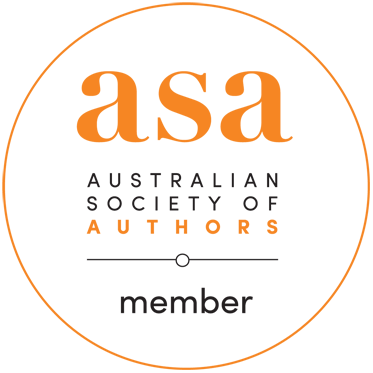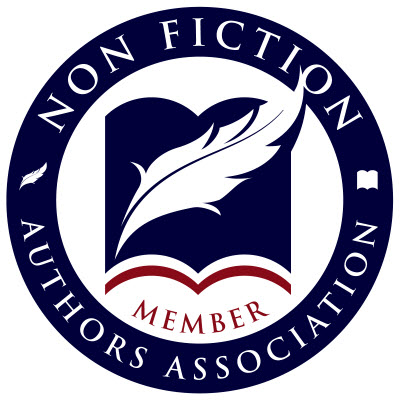Diet Book Review: I Quit Sugar
Written by Catherine Saxelby
on Wednesday, 25 February 2015.
Tagged: Diet, nutrition, sugar, Weight loss

Should you give up sugar entirely? And what about fruit? Is sugar a ‘poison’ or a ‘toxin’ as some people claim? Will you lose weight and have more energy? Written by Australian journalist Sarah Wilson, the book I Quit Sugar outlines the dangers of fructose in particular and sugar in general and provides an 8-week program for removing these substances from your daily diet. Here’s my review.
Fear of fructose
According to Sarah, fructose is your enemy. When she talks about sugar, she means fructose. She claims fructose encourages us to eat more, converts directly to fat and ‘makes us sick’. She believes sugar, which is composed of one molecule of fructose joined to one molecule of glucose, is a drug. She claims it ‘interacts with reward systems in the brain in much the same ways as addictive drugs’. Therefore a modest amount of sugar – as suggested by dietitians and government agencies - is not achievable because even just a taste of it sets off a desire for more. Much more.
Where is fructose?
According to Sarah, fructose is found in:
- Table sugar (50% fructose + 50% glucose)
- Honey (40% fructose)
- Agave (70-90% fructose)
- Bananas 55% sugar over half of which is fructose
In the IQS Plan, you’re asked to quit:
- Fresh and dried fruit, fruit juice
- Muesli and muesli bars
- Jams, even if no added sugar
- Condiments containing sugar e.g. tomato and barbecue sauces, balsamic vinegar
- Flavoured yoghurts
- Honey
- Agave
- Palm and coconut sugar
- Chocolate, soft drink etc.
Here are the 8 weeks on the IQS program:
- Start to cut back
- Operation eat fat
- Quit!
- Face the demons
- Get creative, experiment and detox
- Add some sweetness back in
- Recovering from lapses
- Refining and moving forward
Sarah suggests it takes 2 months to quit sugar i.e. 8 weeks, hence the 8 week program. The book advocates that when you first quit, you should quit everything sweet, not just added sugar. Rid yourself of fruit, honey, fruit juice.
At the end of 8 weeks, some fruit and some table sugars can be introduced, she says (which to my mind contradicts her claim that even the modest amount of sugar suggested by dietitians and government agencies is not achievable because even just a taste of it sets off a desire for more.) Sarah says that most people will experience a period of detox where you feel like crap. It can last from one week up to 6 weeks but that once you get over it, it won’t be an issue again. So again, how can that be if you’re reintroducing it (albeit a small amount) at the end of the 8 weeks?
There are approximately 6 pages dedicated to each week of the IQS 8 week challenge. Each week has a slightly different format but generally they all begin with an introduction for what to expect for the week and the goals you are expected to achieve. She also gives advice on how to achieve said goals. A factual section follows containing a few facts behind her philosophy. Nothing too difficult to understand. Then there are some meal suggestions for that week with page number links to therelated recipes.
It is just a guide, however, she doesn’t tell you exactly what to eat or when. There are no meal plans or lists of what to eat or lists of breakfast, lunch and dinners.
Sarah’s rules
- Only eat products with less than 3 to 6g sugars per 100g or 100ml.
- Read labels and avoid products that have sugar as the first or second ingredient. Also avoid fruit pulp, fruit puree, agave, honey.
- She gives examples of food labels with how much sugars are present e.g. fat-free mayo 23.0g vs whole egg mayo 2.2g; low-fat fruit yoghurt 15.1g vs natural yoghurt 4.7g; barbecue sauce 53.9g vs mustard <1g.
- You can drink alcohol as wine, beer and spirits contain minimal fructose but moderation is urged.
Replace sugar with fat
Sarah suggests you replace sugar with fat. She claims fat doesn’t make you fat, it ‘fills you up so you can’t gorge on it’.
She says she uses ghee, coconut oil, organic butter, olive oil, walnut oil, macadamia oil, any animal fat (chicken skin, bacon fat). She steers clear of any polyunsaturated oils sunflower, soy and corn oils (she includes canola in this list but it’s not polyunsaturated).
Sugar alternatives
Sarah suggests these ‘safe alternatives’ in place of sugar:
- Rice syrup
- Glucose syrup
- Stevia
- Dextrose (100% glucose powder)
- Xylitol
Sarah’s pantry picks are:
Raw cacao powder
Chia seeds
Nut meals and nut flour
Nut spreads and butters
Cooking oils
Sweeteners
Spices e.g. cinnamon, cumin, dulse flakes (red seaweed), rock salt, vanilla powder
Mustard
Apple cider vinegar
Tamari
Coconut flour, flakes, cream, water, shredded coconut
Green powders:
Spirulina powder
Protein powder
Maca powder (Maca - Lepidium meyenii - is a member of the cruciferous family – think broccoli, turnips etc. and is grown in the Andes mountains. The root is ground to a powder and is often called “Peruvian ginseng.”)
Acai powder
Slippery elm powder
Sarah’s story
Sarah Wilson is an Australian journalist, TV commentator and blogger. She was Editor of Cosmopolitan magazine and is now a commentator on The Morning Show, Sunrise and The Project.
Sarah Wilson was a self-confessed sugar addict. She claims this lead to the development of sleep and mood disorders, to adrenal issues and then to Grave’s disease – an autoimmune disease that affects the thyroid. These problems have never left her. She continues to have stomach problems and autoimmune issues and has developed Hashimoto’s – another autoimmune disease which attacks the thyroid. She switched from bad processed sweets to more healthier ones like dark chocolate and honey but she was still eating too much sugar i.e. she would eat 3 pieces of fruit a day, dried fruit, honey in tea, dark chocolate and dessert (approx. 25+ teaspoons of sugar).
In 2011, she decided to quit sugar. What started as an experiment soon became a way of life. She still suffers from Hashimoto’s and anxiety as she discusses on her blog but aside from this she obviously feels herself to be healthier.
My take on IQS
The book is beautifully laid out with a variety of fonts and sizes, gorgeous photography and lots of colour. Written in Sarah’s humorous style, it provides 80 delicious sugar-free recipes. Pictures of her and her recipes are spread throughout the book.
I feel it should really be titled I Quit Processed Foods as Sarah eliminated everything canned, dried, frozen and in a packet – from canned tomatoes to frozen peas to pre-made marinades and rubs. While this is admirable, it’s somewhat impractical unless you’re home all day to do the cooking. And hard to achieve if you live in the country far from fresh food providores or in suburbia miles from a decent green grocer or supermarket.
The bottom line
I don't fully agree with the underlying tenet of this book. I don't believe sugar is a dangerous toxin or poison that must be totally eliminated. Yes, we over consume sugar and should cut our intake by half or more. Yes, added sugar has no nutritive value apart from the fact it’s a carbohydrate and so is a food you should target for reduction.
However, small amounts (less than 10 per cent of kilojoules or Calories) can fit into a healthy diet. A little sugar or honey make whole grains taste better, and even meat and chicken is enhanced by a maple syrup glaze or a brown sugar marinade.
There is certainly no need to delete fruit. One or two pieces of fresh fruit a day are all that's needed – and in fact in the FAQs on the IQS website Sarah says:” If fruit is your only source of fructose in a day, then two pieces of fruit is fantastic.”
I agree that there is no need for fruit juice (read my post on reasons why I feel juice contributes to the obesity epidemic) nor dried fruit, which is concentrated in Calories but fresh whole fruit makes a satisfying dessert and easy snack and contributes to your daily fibre intake which keeps your digestive system healthy.
I Quit Sugar by Sarah Wilson (Macmillan 2013), $34.95
Website: http://www.sarahwilson.com.au/
You may also be interested in...
Like to have your product reviewed by Catherine?
 This post was researched and written by Catherine Saxelby, an accredited nutritionist, dietitian, author and award-winning food communicator. Catherine's goal is to help busy working women eat well, maintain a healthy weight and boost their energy.
This post was researched and written by Catherine Saxelby, an accredited nutritionist, dietitian, author and award-winning food communicator. Catherine's goal is to help busy working women eat well, maintain a healthy weight and boost their energy.
Checkout Catherine’s other posts, books and product reviews or sign up for her free Foodwatch newsletter. To have your product or service reviewed by Catherine and her team, click here.
Sign up for Catherine's free Foodwatch newsletter
About the Author
Catherine Saxelby has the answers! She is an accredited nutritionist, blogger and award-winning author. Her award-winning book My Nutritionary will help you cut through the jargon. Do you know your MCTs from your LCTs? How about sterols from stanols? What’s the difference between glucose and dextrose? Or probiotics and prebiotics? What additive is number 330? How safe is acesulfame K? If you find yourself confused by food labels, grab your copy of Catherine Saxelby’s comprehensive guide My Nutritionary NOW!
The Good Stuff
The Boring Stuff
© 2023 Foodwatch Australia. All rights reserved
Author photo by Kate Williams
Website by Joomstore eCommerce









